Adapting to Climate Change: Essential Strategies for Sustainable Farming in ASAL Areas

Previous image Next image Climate change is an ever-present challenge, particularly in arid and semi-arid lands (ASAL) like Kimana. The shifting climate patterns pose significant risks to agricultural productivity and food security. From erratic rainfall patterns to rising temperatures, these shifts pose a significant threat to traditional farming practices, especially in vulnerable semi-arid regions. At […]
Combating Soil Erosion: Essential Strategies for ASAL Areas

Previous image Next image Soil erosion is a significant challenge in arid and semi-arid lands (ASAL) like Kimana. This isn’t just about a dusty landscape. This natural process, exacerbated by human activities and climatic conditions, can lead to decreased agricultural productivity, loss of fertile topsoil, and environmental degradation. At Ambokili Farm, we recognise the importance […]
The Environmental Impact of Proper Waste Management

Previous image Next image The world produces around 2.01 billion tonnes of municipal solid waste annually. By 2050, this figure is projected to increase to 3.4 billion tonnes. Approximately 33% of this waste is not managed in an environmentally safe manner, leading to severe ecological consequences. Over 2.7 billion people, mainly in developing regions, lack […]
The Lifeline of ASAL Agriculture: Irrigation Systems
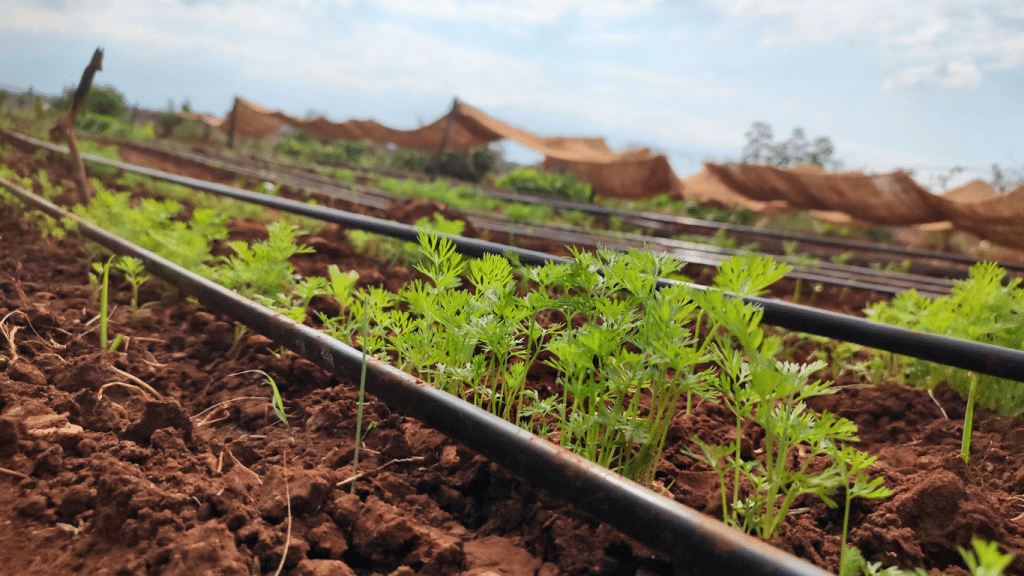
In arid and semi-arid lands (ASAL) like Kimana, the success of agricultural activities heavily relies on effective irrigation systems due to unreliable rainfall. These systems play a crucial role in ensuring that crops receive the necessary water to grow, especially in regions where rainfall is scarce and unpredictable. It is important to understand the importance […]
Waste Management at Ambokili Farm: Pioneering Sustainable Solutions Through a Biodigester
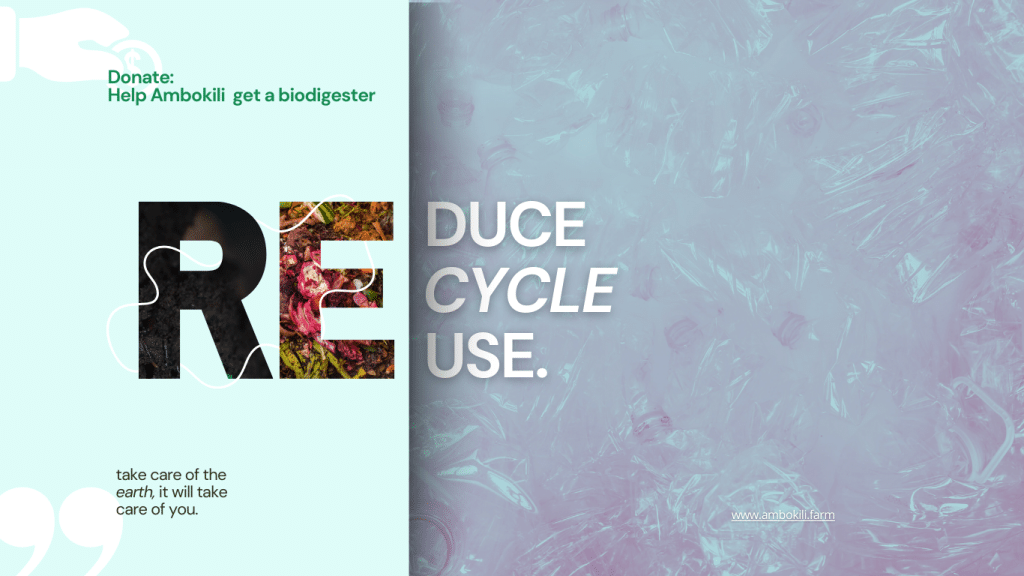
This isn’t just about keeping our farm clean (although that’s important too!), it’s about tackling some of the biggest challenges facing our planet: pollution, climate change, and land degradation. At Ambokili Farm, we are committed to transforming semi-arid terrain into self-sustaining, biodiverse ecosystems. Our holistic approach to waste management plays a significant role in this […]
Are Bees Under Threat? The Decline of Bee Population
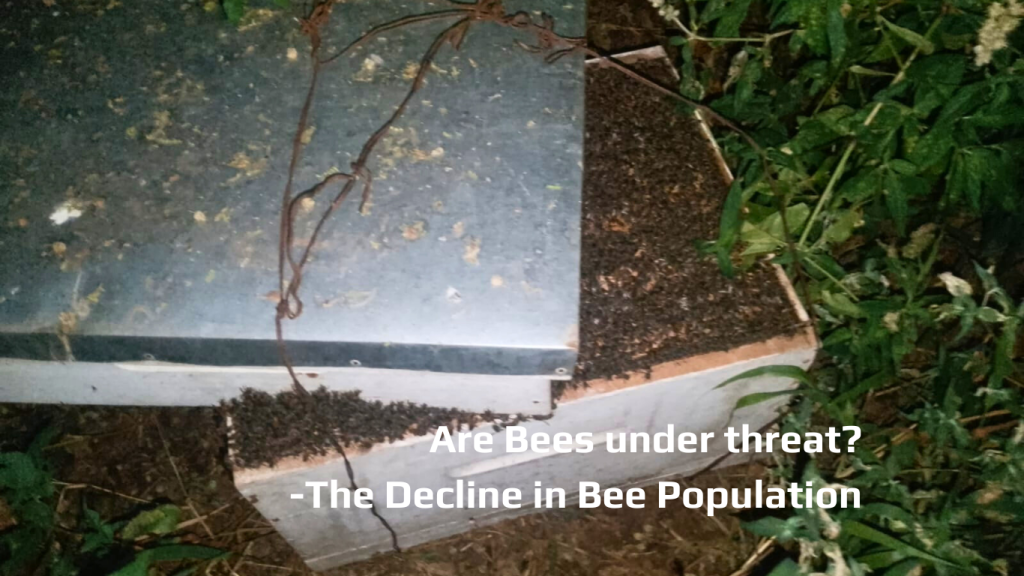
The decline of bee population poses a significant threat to global ecosystems and agriculture. Bees, as primary pollinators, are indispensable for the reproduction of many plant species, including crucial agricultural crops. This decline isn’t just a threat to these fascinating insects; it jeopardizes the very foundation of our food system. But fear not, for within […]
The Buzz About Bees
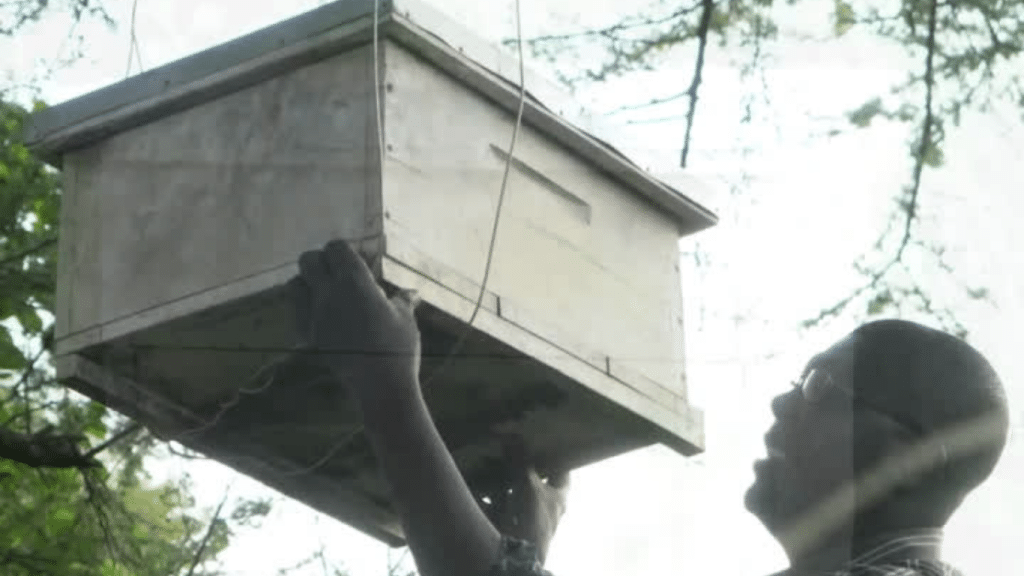
https://ambokili.farm/wp-content/uploads/2024/05/Bee-Conservation-at-Ambokili-Farm-Website-1.png Imagine a world devoid of vibrant fruits, crisp vegetables, and the satisfying crunch of nuts. Bleak, right? Bees, often undervalued in their quiet industriousness, are pivotal to both our ecosystems and agriculture. Their role as pollinators extends far beyond the production of honey; they are integral to the health and sustainability of many of […]
Celebrating World Bee Day: Why World Bee Day Matters
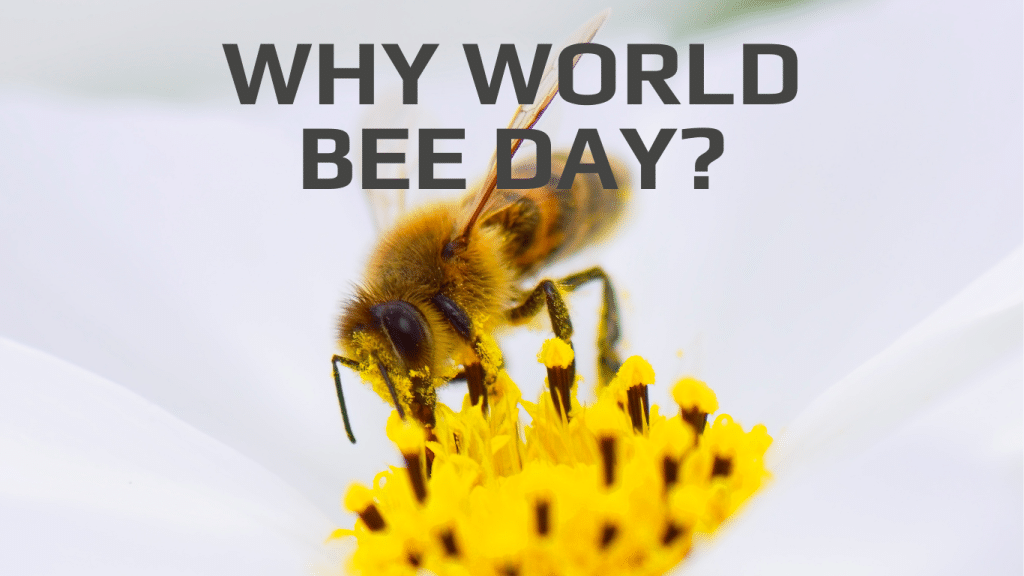
At Ambokili Farm, we deeply understand the essential role that bees and other pollinators play in maintaining the health of our planet and ensuring the sustainability of our agricultural practices. Every year, on May 20th, we join the global community in celebrating World Bee Day. This observance not only honors these incredible creatures but also […]
Bee Venom: Ambokili Farm’s Latest Milestone in Sustainable Biodiversity
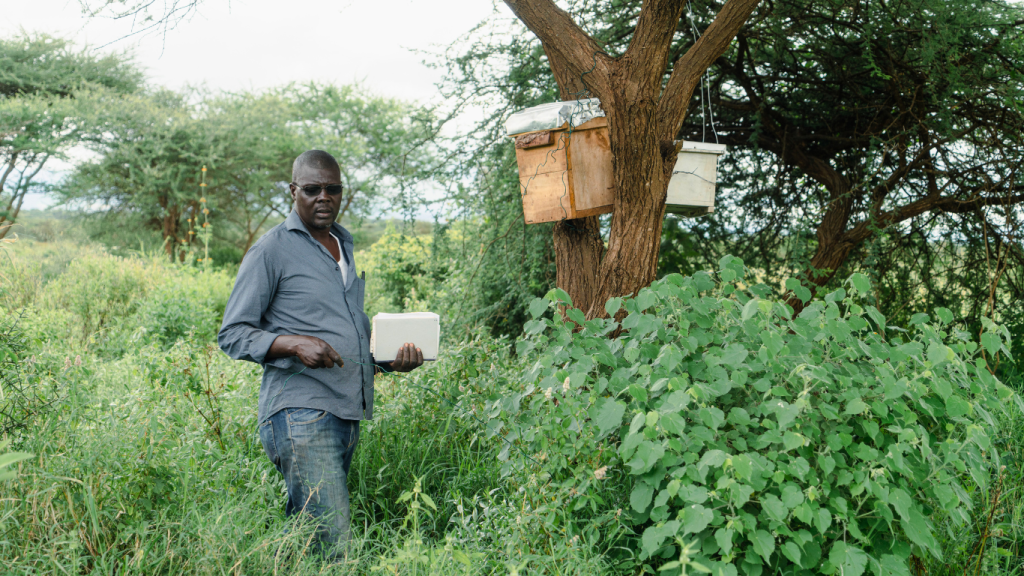
Honeybees are renowned for their golden nectar and their crucial role in pollination, but their sting also packs a surprising punch – medicinal one, that is. Another remarkable aspect of bees that’s been garnering attention. Here at Ambokili Farm, we recently welcomed a new buzzing contingent to our 7 hives and we’re not only interested […]
Organic Farming: A Key Player in Achieving Long-Term Food Security
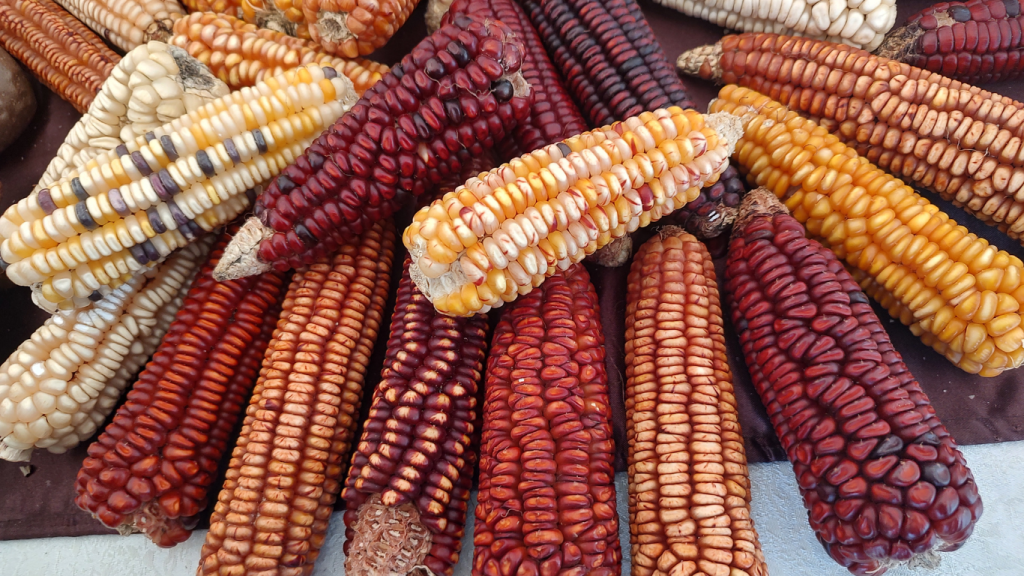
In a world grappling with the dual challenges of population growth and environmental sustainability, food security remains a critical concern. The quest to feed a projected global population of 9.7 billion by 2050 poses significant challenges, especially in the context of climate change and diminishing natural resources. The concept of food security involves ensuring that […]
